President Joe Biden announced a three-pronged approach to further decriminalize marijuana possession last week: pardoning prior federal convictions of simple possession, encouraging governors to do the same at the state level, and directing the attorney general and the secretary of Health and Human Services to reconsider how marijuana is scheduled as a controlled substance.
Loosening marijuana laws is broadly popular: According to a 2021 Pew survey, less than 10 percent of Americans want pot to be illegal in all circumstances. But what will Biden’s plan actually accomplish? And where does it fit into the broader policy debate over marijuana reform in the United States?
Federal pardons only go so far.
No one’s getting a get-out-of-jail-free card as a result of Biden’s decision. According to the New York Times, U.S. officials say zero people were serving time in federal prison for simple possession of marijuana last week. But the pardons will affect roughly 6,500 people nationwide and a few thousand more in the District of Columbia by helping to ensure they are not “denied employment, housing, or educational opportunities” as a result of their past convictions, according to the White House announcement.
But federal and D.C. arrests are a tiny fraction of the roughly 29 million state and local marijuana-related arrests that the National Organization for the Reform of Marijuana Laws (NORML) estimates have taken place since 1965, mostly for possession only. A Pew analysis of the FBI’s annual Uniform Crime Report found that 92 percent of marijuana arrests in 2018 were for possession with the remainder involving the sale or manufacture of the drug.
So the state-level pardons that Biden is pushing governors to issue would affect far more people. Some have already started. In 2020, for instance, Illinois Gov. J.B. Pritzker pardoned more than 9,000 people convicted of low-level marijuana crimes, and Nevada Gov. Steve Sisolak did the same for 15,000 people in his state. Pennsylvania spent September taking applications for marijuana-related pardons
Rescheduling is still a long way off.
Another element of Biden’s announcement entails asking the departments of Justice and Health and Human Services to review how marijuana is scheduled under federal law—specifically, the 1970 Controlled Substance Act (CSA).
A 2021 report from the nonpartisan Congressional Research Service explained that “either Congress or the executive branch has the authority” to deschedule or reschedule marijuana under the CSA. The law empowers the Drug Enforcement Administration, an agency within the Justice Department, to “make scheduling decisions through the notice-and-comment rulemaking process” in consultation with the FDA (which is part of HHS).
Before that happens, though, the attorney general must initiate the process, either on his own or in response to a petition. And past petitions have taken years to process: The DEA didn’t formally deny a 2002 petition until 2011, for instance.
Taking marijuana off the list of substances categorized as Schedule I “could lead to much more general availability” of the drug, said Jeffrey Miron, vice president for research at the libertarian Cato Institute. As the White House announcement notes, Schedule I drugs are considered the most dangerous, with “no currently accepted medical use and a high potential for abuse” according to the DEA.
Moving marijuana down even one notch to Schedule II would allow doctors to “legally prescribe it subject to any ongoing federal regulation or oversight,” Miron said.
Still, there’s no guarantee Biden’s recommendation will lead to change. “We don’t know,” Miron said. “It’s gonna be a long time, and none of this is going to happen instantaneously.”
Lasting change would need to happen legislatively.
The federal government doesn’t recognize a medical use for marijuana, but 37 states and the District of Columbia have “comprehensive” medical marijuana programs while another 10 more allow access to “low THC, high CBD” products only, according to the National Conference of State Legislatures. Washington, D.C., and 19 states (most of them blue) have legalized recreational marijuana. Unsurprisingly, Democratic elected officials have praised Biden’s announcement, while prominent Republicans have tended to either ignore it or oppose it—though a few House Republicans expressed support, including Nancy Mace, Matt Gaetz and Dave Joyce, who is a co-chair of the Congressional Cannabis Caucus.
Since 1970—and especially since the early 2010s—states experimenting with their marijuana laws have operated in a strange legal limbo. For example, even in states where recreational pot is legal, it’s challenging for cannabis businesses to make use of financial services.
During the Obama administration, the 2013 Cole Memorandum—issued by the deputy attorney general—clarified that the DOJ would avoid interfering in states that were “legalizing marijuana in some way” with “strong and effective regulatory and enforcement systems.”
For NORML Deputy Director Paul Armentano, the Cole Memorandum “arguably had a more significant and lasting impact than any other” executive action even though marijuana reform was not a visible priority of the president himself.
But in 2018, Attorney General Jeff Sessions rescinded the memo. Not much changed—but in theory, “the federal government can ramp up enforcement at any time,” Miron said.
If Congress wanted to, it could return the question to the states, much like what happened with alcohol after the end of Prohibition. But that’s a big if.
“When and if Congress weighs in on this issue, that’s largely what they’re going to do,” Armentano predicted. Some states will legalize in some form or fashion, and “there will remain states … that will say, for whatever reason, we’re perfectly content keeping marijuana illegal in our state, and they have the power and authority to do that.”
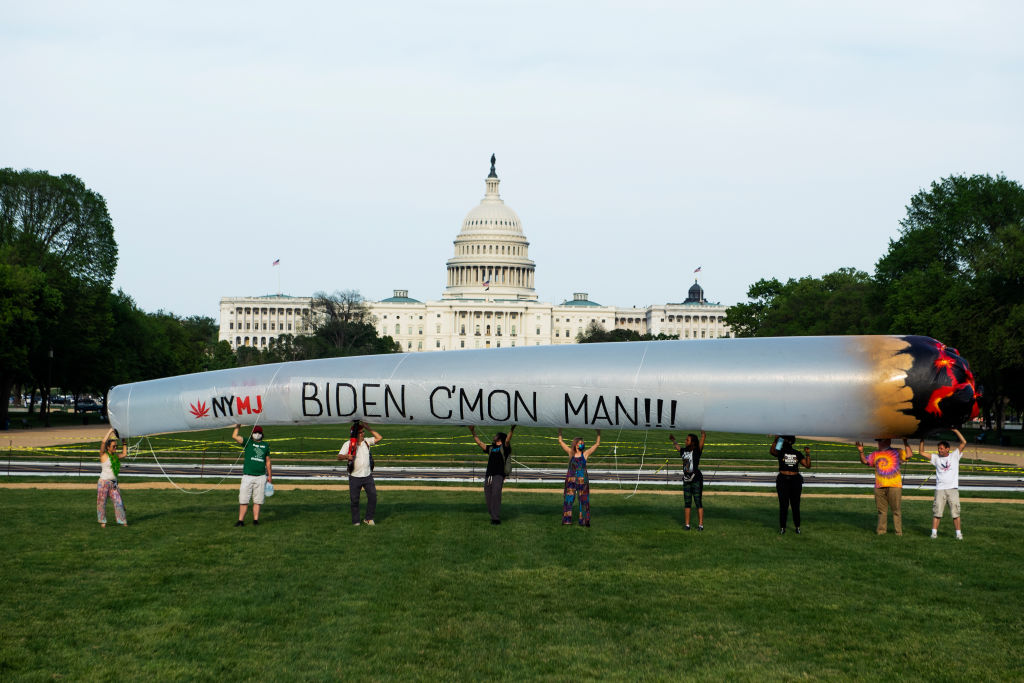


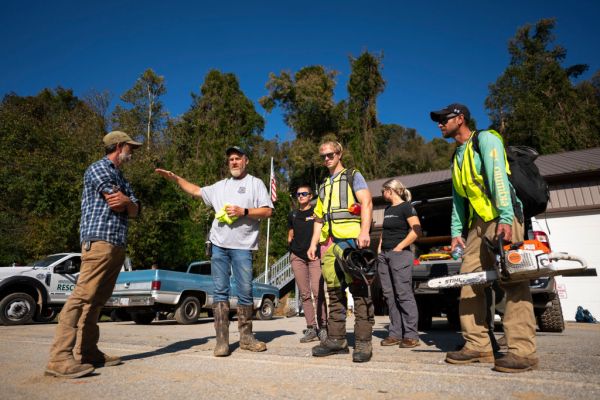
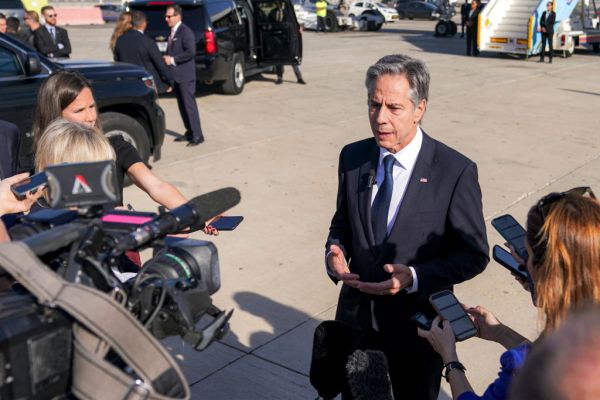
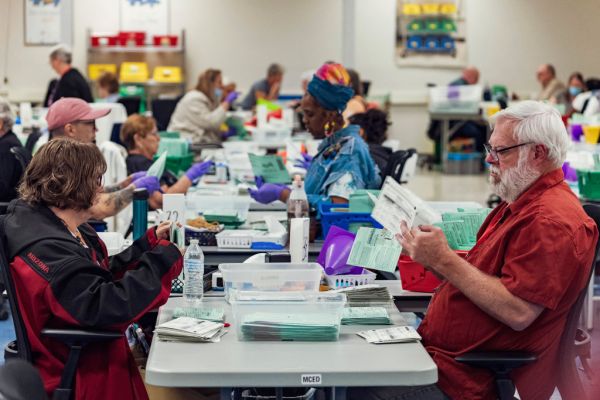
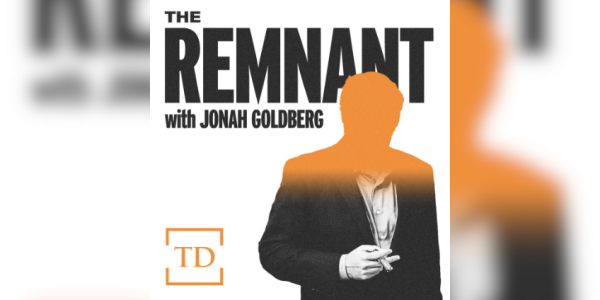

Please note that we at The Dispatch hold ourselves, our work, and our commenters to a higher standard than other places on the internet. We welcome comments that foster genuine debate or discussion—including comments critical of us or our work—but responses that include ad hominem attacks on fellow Dispatch members or are intended to stoke fear and anger may be moderated.
You are currently using a limited time guest pass and do not have access to commenting. Consider subscribing to join the conversation.
With your membership, you only have the ability to comment on The Morning Dispatch articles. Consider upgrading to join the conversation everywhere.